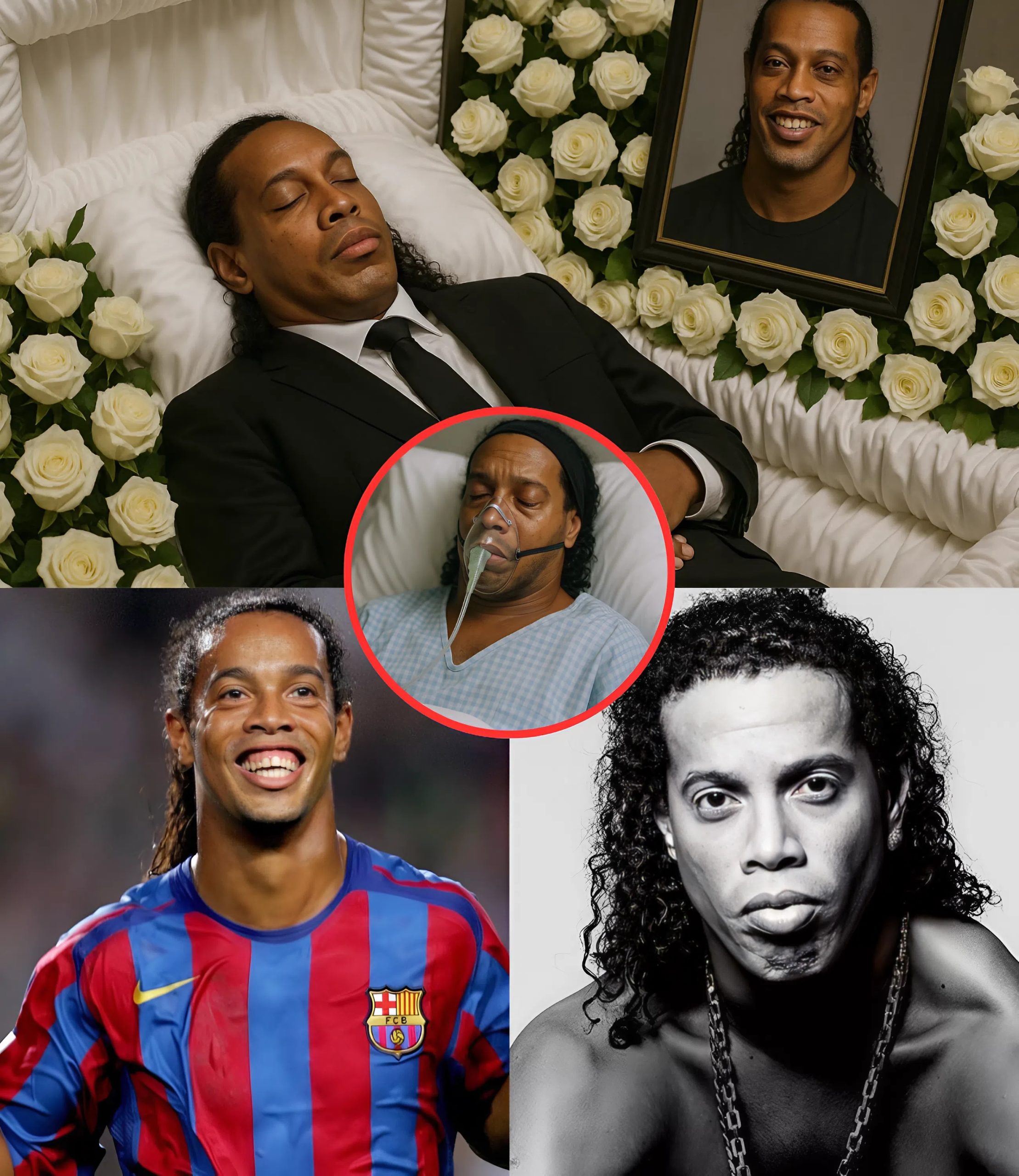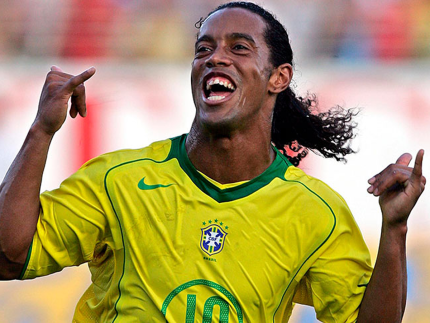Introduction: The End of an Era
The football world woke up to devastation this morning. Just half an hour ago, the family of Alejandro “El Mago” Duarte — the dazzling playmaker who enchanted millions with his artistry on the pitch — received the call they had dreaded for months. After a prolonged battle with a rare and mysterious illness, Duarte’s fight came to an end inside a private New York hospital.
With him, a golden chapter of football history closed forever. For fans, teammates, and even rivals, his departure feels like the extinguishing of a flame that once illuminated stadiums across continents.
A Glittering Career That Defined Generations
Born in Rosario, Argentina, Duarte rose from dusty neighborhood pitches to dominate the world stage. Nicknamed El Mago (The Magician), he was renowned for his uncanny vision, elastic dribbles, and passes that seemed to bend the laws of physics.

His career milestones are etched in memory:
-
Leading Argentina to Copa América glory with a last-minute free kick that still circulates on highlight reels.
-
Carrying Barcelona through a golden era, orchestrating attacks with elegance that drew comparisons to Mozart composing symphonies.
-
Winning two Ballon d’Or trophies, not just for goals or assists, but for redefining how beauty itself could exist in sport.
Unlike many stars, Duarte never relied on sheer pace or brute strength. Instead, he captivated audiences with creativity, unpredictability, and joy — qualities that made him not just a champion, but a beloved artist of the game.
The Mystery of His Illness
For years after retirement, Duarte seemed invincible. He appeared in charity matches, coached youth academies, and traveled the world as a global ambassador for football. Then, quietly, something changed.
Reports of unexplained fatigue, recurring infections, and sudden weight loss trickled into the press. Duarte withdrew from public events, fueling speculation. When it was finally revealed that he had been diagnosed with a rare autoimmune condition, fans rallied behind him with vigils, murals, and hashtags demanding strength for their hero.
Yet the illness defied treatment. Even New York’s best specialists could not halt its advance. For months, Duarte endured hospitalizations punctuated by fleeting recoveries. Until today, hope remained. That hope has now been replaced by grief.

The Family’s Heartbreak
In a brief statement issued minutes after the hospital call, the Duarte family said:
“Alejandro was more than a footballer; he was a father, husband, and friend whose laughter filled every room. His courage during these months inspired us all. We ask for privacy as we mourn the man who meant everything to us.”
Behind those words lies unspeakable pain. Duarte leaves behind his wife, two children, and a sprawling global family of fans. For them, the loss is not abstract. It is intimate and crushing.
Global Reaction: Mourning Across Borders
News of Duarte’s passing spread like wildfire. Within an hour, social media timelines turned black and white with photos of his iconic number 10 jersey. At Barcelona’s Camp Nou, hundreds of fans spontaneously gathered, lighting candles and singing his name.
World leaders, athletes, and celebrities have paid tribute. A Brazilian rival once remarked: “Playing against Duarte was like chasing a shadow. Today that shadow is gone, but the magic remains.” FIFA has already announced a global minute of silence before all upcoming matches.
Beyond Football: The Man Behind the Magician
What made Duarte beloved was not just his talent but his humanity. He never forgot his humble roots, funding football academies for underprivileged youth across South America. He once famously said:
“Talent means nothing if it doesn’t give someone else hope.”
Those who knew him personally describe a man of warmth and humor, who loved street food more than fine dining and who never refused a selfie with a fan. His legacy, therefore, is not confined to trophies but woven into the lives of those he touched.

The Broader Lesson: Mortality of Heroes
Duarte’s passing forces us to confront an uncomfortable truth: even legends are mortal. Fans often see athletes as untouchable demigods, frozen in eternal youth. Yet behind the medals and stadium lights lies human fragility.
Medical experts suggest Duarte’s rare illness may now receive unprecedented research funding, spurred by global attention. In that sense, his death could spark advances that save future lives — a final assist from a playmaker who never stopped giving.
The Economics of Legacy
Duarte’s death will also reverberate through the commercial side of football. His image rights, documentaries, and autobiographies were already in demand; now they will surge. But beyond economics lies something deeper: the question of how the sport preserves its legends.
Some argue that football’s obsession with the next star often erases those who paved the way. Duarte’s passing may remind fans and institutions alike that history deserves preservation, not just replacement.
A Funeral That Will Unite the World
Preparations are already underway for a state-like funeral in Rosario, expected to draw millions in person and even more via broadcasts. Argentina’s president has declared three days of national mourning. Football clubs across Europe and South America will send delegations.
It will be less a funeral and more a global celebration of artistry, resilience, and humanity — one last ovation for a man who made strangers fall in love with the game.
Conclusion: The Final Whistle
Thirty minutes ago, a phone call shattered a family and sent shockwaves across continents. Alejandro “El Mago” Duarte is gone. But his spirit — the flick of his boots, the smile that disarmed rivals, the joy he brought to millions — remains immortal.
In every child juggling a ball on cracked pavement, in every fan who gasps at an impossible pass, Duarte lives on. The magician has left the stage, but his magic is eternal.